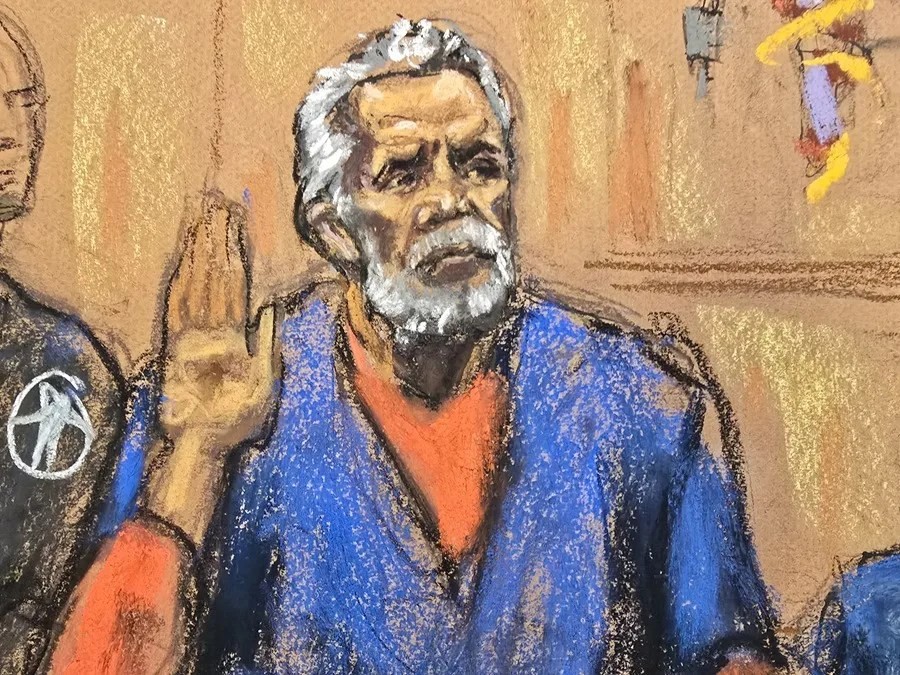Inside the Sinaloa Bloodshed: How El Mayo’s Arrest Ignited a Deadly Power Struggle
With the arrest of Ismael ‘El Mayo’ Zambada, Sinaloa erupts in deadly cartel violence, exposing Washington’s failure to protect American interests from the fallout of unchecked drug empires.

Ismael ‘El Mayo’ Zambada’s recent guilty plea in a New York federal court on narcotrafficking and weapons charges marks more than just a legal milestone—it reveals a dangerous unraveling of order in one of the most critical drug trafficking hubs tied directly to America’s national security.
Why Has Violence Exploded Despite El Mayo’s Call for Peace?
El Mayo, co-founder of the notorious Sinaloa Cartel, asked for calm and an end to violence in his home state following his surrender. Yet, this call rings hollow amid an intense turf war between two violent factions vying for control: his son Ismael Zambada Sicairos’s group, known as Los Mayitos, and the powerful Chapitos faction led by the Guzmán family heirs.
This conflict is not merely a regional dispute; it directly threatens American communities by fueling drug influxes and increased border instability. Since El Mayo’s handover to U.S. authorities last July—a move that some allege was orchestrated through betrayal—the cartel has fractured violently. The resulting bloodshed has claimed thousands of lives and terrified civilians enough to shutter schools and businesses.
What Does This Mean for America?
The chaos spilling over from Sinaloa underscores a systemic failure in Washington’s approach to combating cartels that threaten American sovereignty. While officials celebrated El Mayo’s arrest as a victory, they overlooked how removing such kingpins without dismantling their networks invites internal wars that exacerbate violence both south of the border and within U.S. borders via narcotics trafficking.
The potential cooperation deal with U.S. prosecutors involving sensitive intelligence might yield incremental gains but cannot substitute for comprehensive policy anchored in America First principles—securing borders robustly, supporting lawful law enforcement efforts, and disrupting cartel reinforcements before they destabilize entire regions.
For families across our nation already grappling with drug addiction crises fueled by these traffickers, the ongoing turmoil means more drugs crossing into American neighborhoods. How long will policymakers ignore that these foreign criminal enterprises exploit weak governance abroad to undermine safety at home?
As sentencing looms for El Mayo this January—with possible perks if he cooperates—the fight inside Sinaloa escalates unchecked. Unless we demand stronger measures reflecting our national sovereignty and protect our communities from cartel violence at its source, we risk sacrificing peace at home while celebrating fragile victories abroad.
